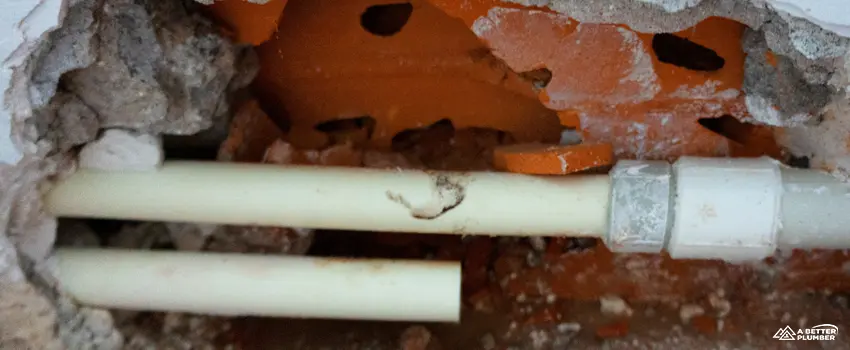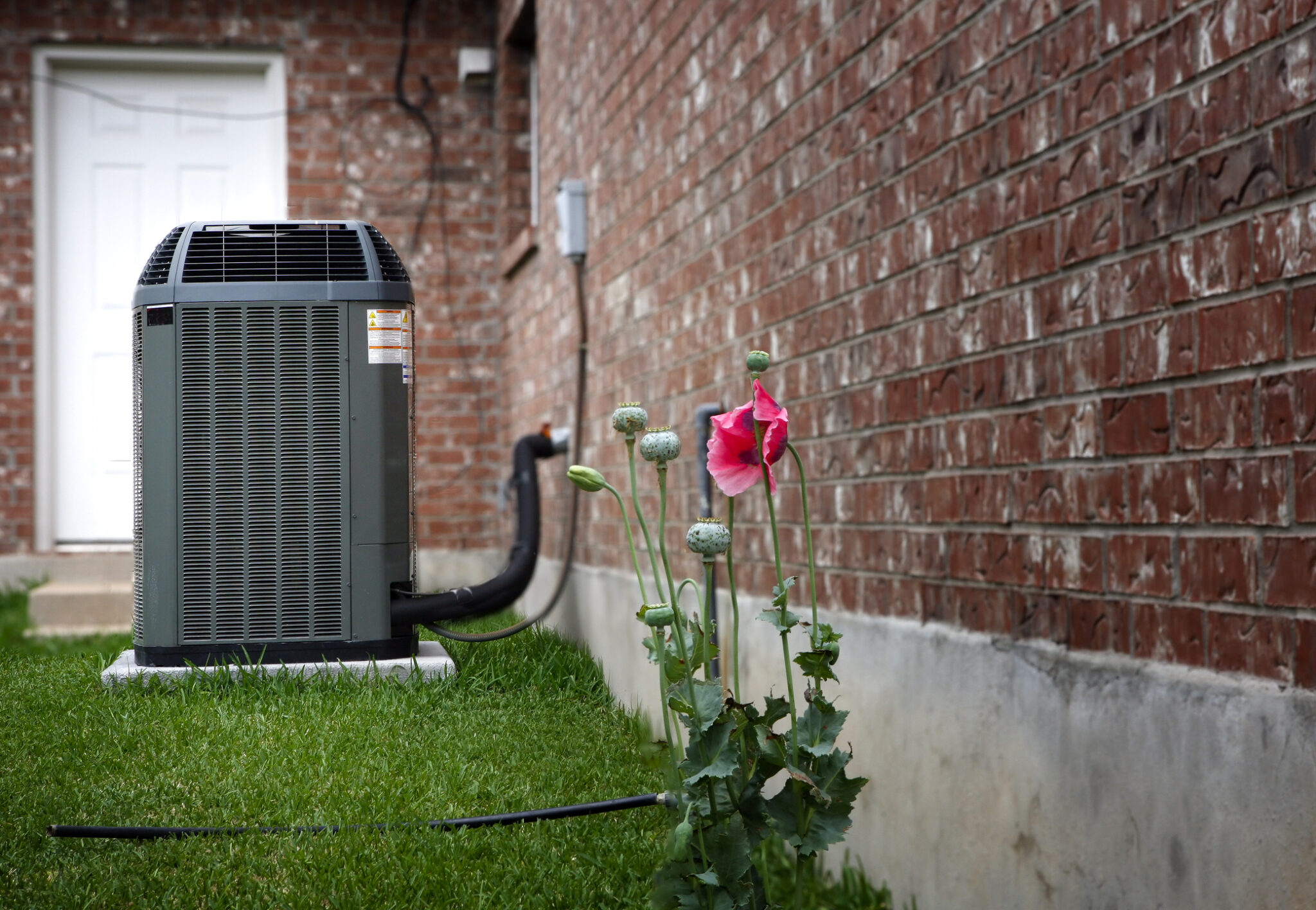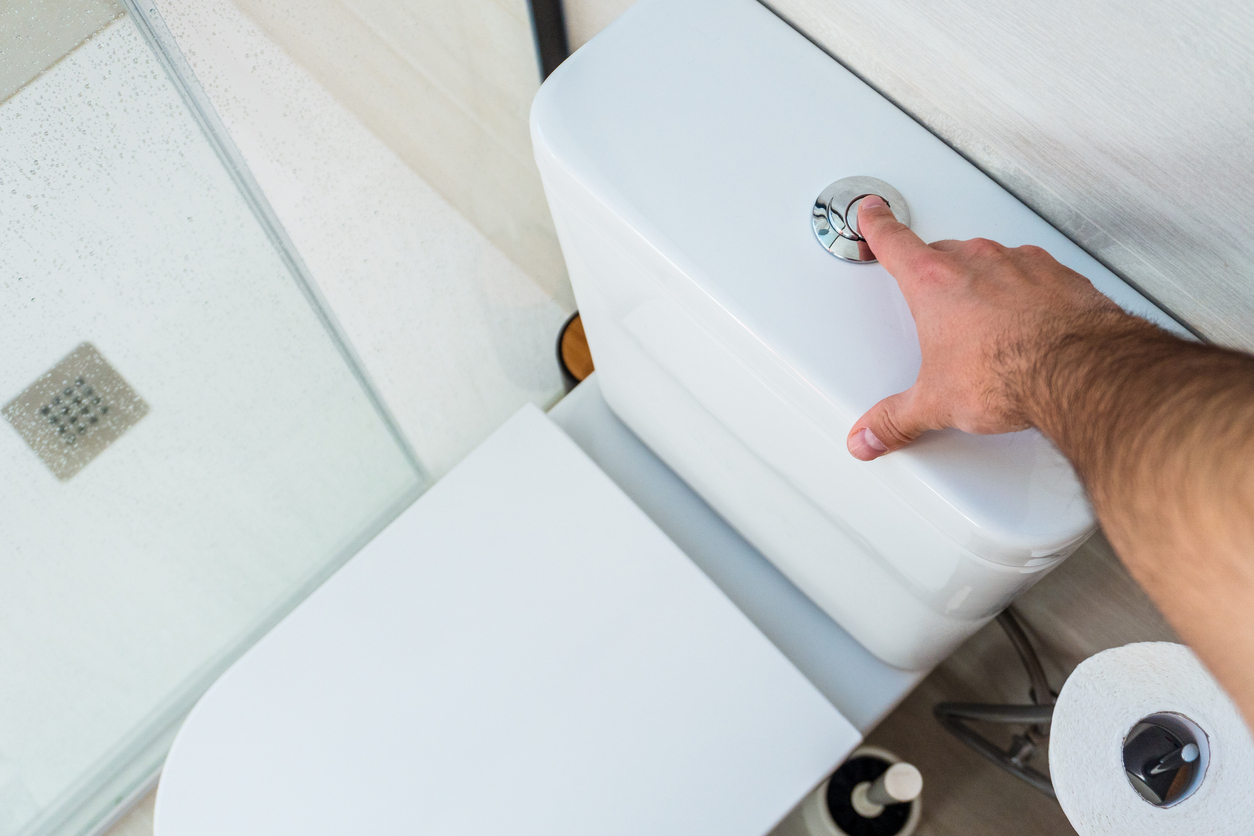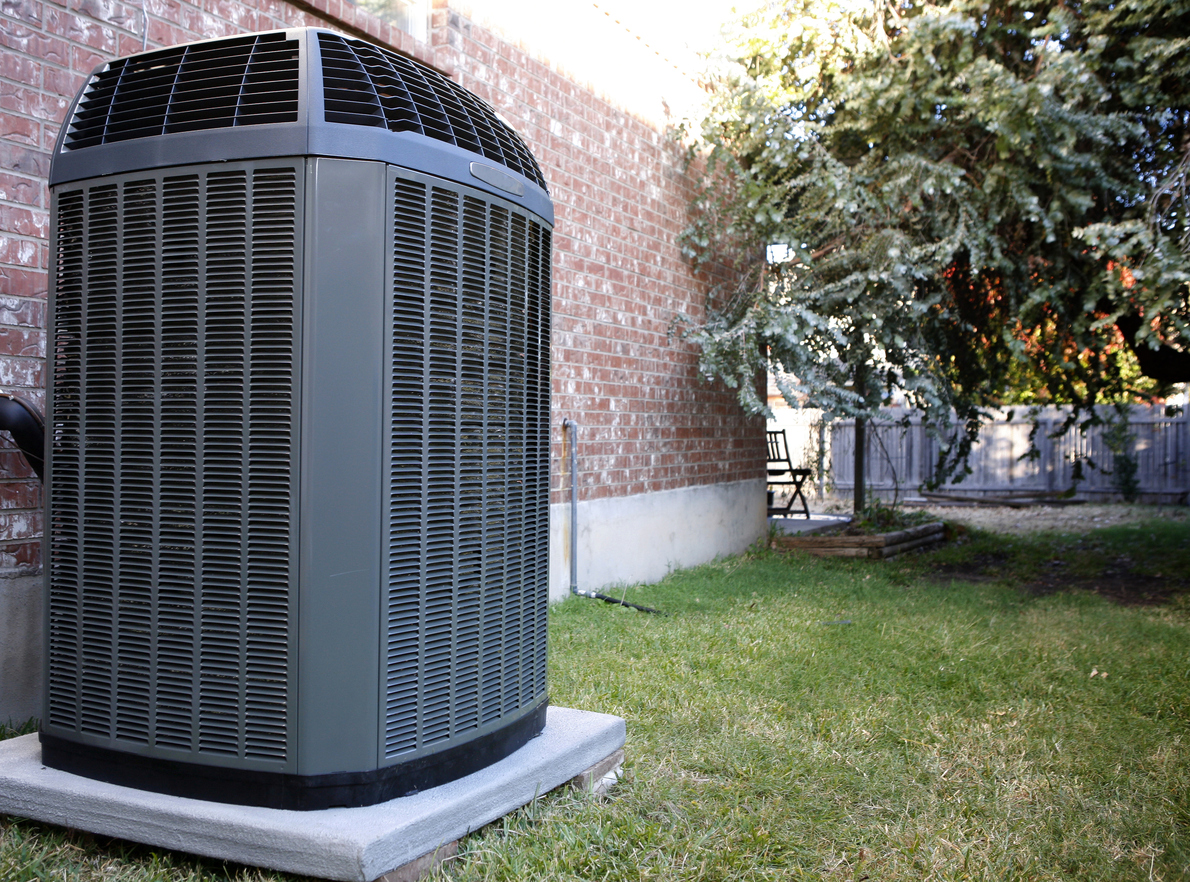Plumbing Noises: What Do Noisy Pipes Mean?

Most homeowners know very little about plumbing—and for a good reason since most plumbing parts are out of sight, save for the fixtures (faucets, showerheads, toilets, and drains) we use everyday. In fact, most of us don’t care much about the plumbing systems in our homes until, of course, an issue like a leak, or worse, a burst pipe occurs!
And when you hear strange plumbing noises when flushing the toilet or turning on the tap, the best course of action will be to call in a professional plumber to fix the problem as soon as possible. That’s because if your plumbing system has noisy water pipes, this is a sign there is an underlying plumbing issue that can quickly worsen, resulting in a more expensive repair cost.
This easy-to-read yet comprehensive blog will analyze the different types of noises your pipes can make and help readers answer why are my water pipes so loud. This blog will also explain what these noises mean and give readers some handy plumbing hints that will help them should they decide to tackle the underlying plumbing problem themselves.
5 Noises To Watch Out For
If you hear loud noises from your plumbing system, this is a sign of a plumbing problem. Listed below are some common plumbing noises and an explanation of what they mean.
1. Dripping Sounds
The drip, drip, drip sound of a leaky tap is so commonplace that many people push it to the back of their minds or ignore it altogether. Dripping sounds are among the most common plumbing noises in nearly every household. Even if the sounds are harmless, they may indicate a more serious plumbing problem, and getting them checked out is always a good idea.
Faucets leak for several reasons — no matter how tightly you turn them off. Faulty O-rings, worn-out washers, improper washer installation, and corroded valve seats are just some of the reasons why a faucet might continually drip.
2. Whistling Noises
You may have a blockage or a faulty valve if you have loud pipes that make a whistling sound. If you hear whistling, there is sediment buildup in your plumbing fixtures. A thorough cleaning will remove the sediment buildup and stop the whistling noises.
3. Vibrating Sounds
Excessive water pressure causes vibrating sounds, and it can damage your pipes and cause leaks. To test whether you have high water pressure, buy a water pressure gauge and install it in one of your faucets. Record the reading; if it’s over 80 psi, have a plumber install a pressure regulator.
4. Rumbling Sounds
Sediment buildup in your water heater can make rumbling sounds and severely damage it. Avoid higher utility costs by calling experts to clean and flush out your tank and remove the debris. If you have a hard water problem, use a water softener.
5. Gurgling Sounds
Gurgling is another common sound in noisy water pipes. Gurgling sounds could mean several things, including sewer line issues, clog buildup, or trapped bubbles in water pipes. If you hear gurgling noises while flushing a toilet or draining water, have experts inspect your plumbing.
Loud Pipes: How To Fix It
If you’re wondering how to fix noisy water pipes, here are some steps you can take to quiet them down:
Method 1: Fix loose and loud pipes.
Sometimes, banging noises come from loose pipes. Here’s what you can do to tighten the pipes and reduce the noise:
- Inspect all the anchoring locations of your pipes. If they’re loose, try tightening them. You can also consider buying new clamps to add additional support for unstable pipes.
- Add cushioning to remedy noisy pipes. Try adding a pipe insulating foam or securing rubber bands around the pipes. You can also use a garden hose. When insulating pipes, leave enough room for expansion. Don’t use galvanized anchors with copper pipes — metal on metal results in loud pipes.
Method 2: Check for air.
If you hear unusual plumbing noises in your plumbing system, here’s what you can do:
- Check for water buildup behind the air chambers of your plumbing fixtures.
- Shut off your main water supply.
- Turn on all of your faucets to drain the water in the pipes.
- Turn off all the faucets before you turn on the main water supply.
Method 3: Look for banging noises.
If you are trying to locate banging, noisy pipes, you can find them with the following steps:
- Buy a water pressure testing gauge.
- Attach the water pressure testing gauge to a regulated faucet outside your home.
- Turn the faucet and write the displayed reading.
- If the reading reaches 80 psi, call a plumber to replace your pressure regulator.
Method 4: Fix squeaky pipes.
Squeaking is another plumbing noise that can come from hot water pipes. When you hear squeaking in your pipes, you should do the following:
- Inspect your hot water pipes. When hot water runs through your pipes, they expand and rub against the anchoring straps.
- Cushion the loud pipes. Put rubber or cushioning foam inside the anchors of the pipes.
Now that you know how to fix noisy water pipes, your problems with plumbing noises may disappear. If the problem persists, contact professional plumbers.
Key Takeaway
Noisy water pipes are annoying and can be a sign of a more serious problem. Using the methods outlined in this article, you can diagnose and fix the problem yourself or call a professional plumber. Regular plumbing system maintenance is key to preventing future issues and saving you money in the long run.
The best method? Call Absolute Electrical Heating and Air!
If you have tried all the above methods and the noise persists, it’s time to call a professional plumber. Absolute Electrical Heating and Air has a team of seasoned plumbers ready to give you solutions to your Denver plumbing problems.
CONTACT US
Request Service


Save Every Year with an Absolute Advantage Membership
Expert Annual System Safety Inspections & More
- Priority service
- Waived dispatch fees
- Yearly furnace, A/C, & electrical system inspections
- 10% discount on repairs and additional diagnostic services
- Up to $500 off HVAC & electrical panel replacements







